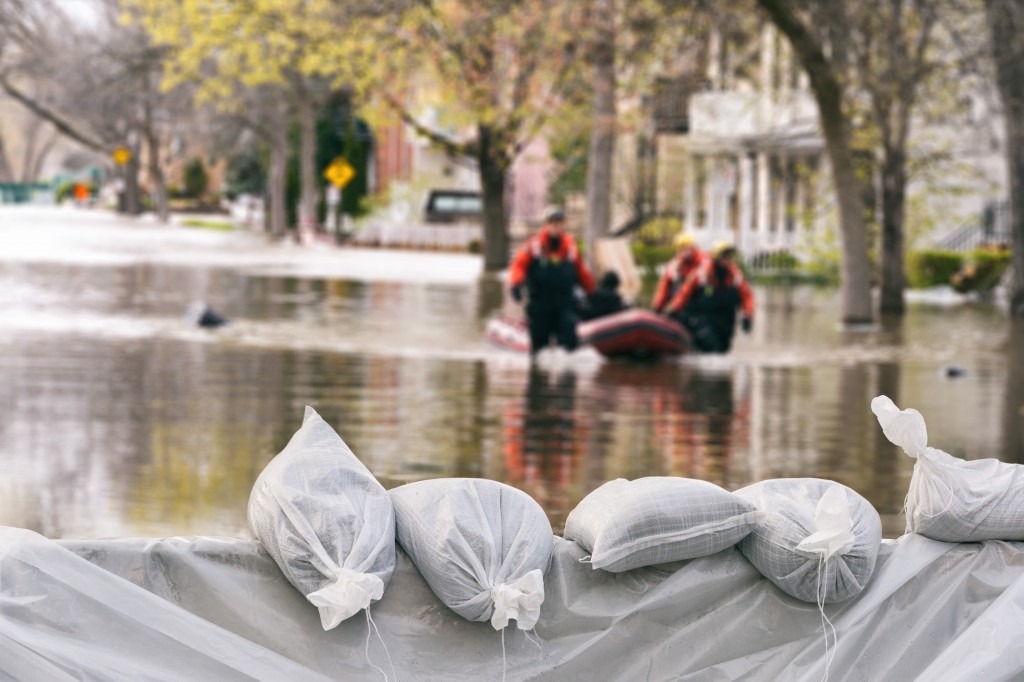Basements are invaluable assets for most homeowners. They can serve as a laundry area, an extra leisure space for the family, or storage area. You can use your basement for several other things after finishing it using unique design ideas to make them appealing. However, basements are not fun when they flood or face water damage.
The basement is the weakest point in most homes when it comes to water damage. It is prone to flooding because of its hidden location, which makes it succumb to moisture due to inadequate drainage or after heavy rains. Homeowners should take the necessary precautions to protect their basements from water damage such as basement waterproofing. It is wise to know whether or not your basement is prone to flooding so that you can take the necessary precautions early enough to avoid water damage.
Water pooling near the foundation
One of the primary reasons for basement flooding is water pooling on the ground near your home. The pooling water forms due to many reasons, such as gutters overflowing during the rains, faucet leaks, pits or holes that form in the landscaping next to your home, or when downspouts direct water in the wrong direction. If these are happening, your basement is at the risk of flooding and water damage in your city. You need to fix the issues to protect your basement.
The improperly sloped ground near a home
Your basement is at risk of water damage if the earth around your home is flat, or worse still, sloping toward the foundation. That means that rainwater automatically runs towards your home rather than away from it. Consequently, the rainwater seeps into the foundation and causes flooding to your basement. You can address this risk by making sure that the ground slopes away from the house. Additionally, you should make sure that driveways, sidewalks, and decks do not let water flow towards the house.
Cracks in the walls

If cracks exist in your walls, then your basement is at the risk of water damage. Unfortunately, the wall cracks become worse than before when they get exposed to fluctuating temperatures. Consequently, the enlarged wall cracks offer an easy entry point of water into your basement, which exposes it to water damage. You need to protect your basement from flooding and water damage by repairing the wall cracks using a sealant.
Plumbing that backs up often
The chances are that water is ending up in the basement if you have recently noticed frequent backup plumbing problems in your home. These plumbing problems are a common reason why most basements become susceptible to water damage. Water flows back through to the basement when the plumbing system is blocked, or there is a blockage in the pipe that connects the plumbing system to the municipal water supply. It is wise to hire a plumber to repair the issue and protect your basement from the effects of water damage.
These signs will help you to know when your basement is prone to flooding. The symptoms are an indication that you need basement waterproofing. It would be best if you settled for a reliable professional to waterproof your basement adequately.




